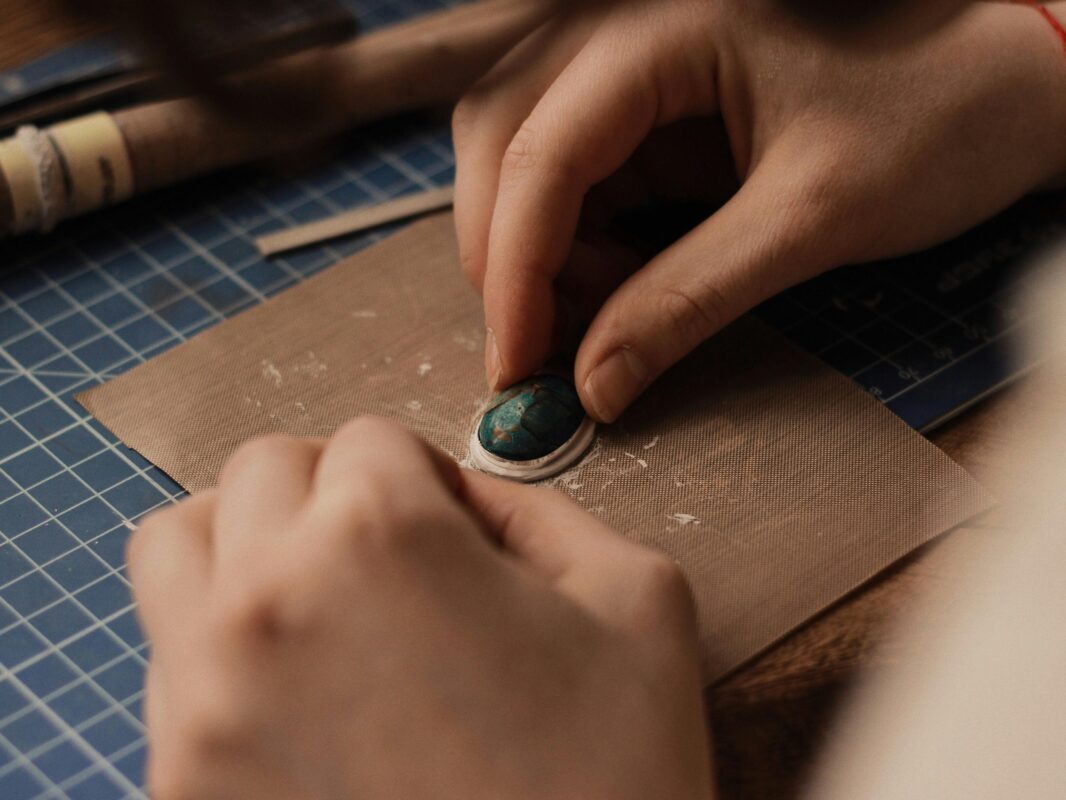In the world of home decor and personal adornment, ornaments play a pivotal role in adding character and beauty to our lives. However, the allure of low-priced, low-quality ornaments can often lead to unintended consequences that go beyond mere aesthetic disappointment. This blog post delves into the often-overlooked cons of using low-quality ornaments, emphasizing why investing in higher-quality alternatives is not only an investment in beauty but also in sustainability, health, and overall satisfaction.
The False Economy of Low-Quality Ornaments
Short-Lived Beauty, Long-Term Expense
The initial cost-saving benefits of purchasing cheap ornaments can be tempting. However, this savings is often short-lived. Low-quality ornaments are prone to damage, wear, and tear, necessitating frequent replacements. Over time, the cost of replacing these items can surpass the price of a more durable, high-quality ornament, proving the adage true: “Buy cheap, buy twice.”

Compromised Aesthetic Appeal
Cheap ornaments often lack the craftsmanship and attention to detail found in higher-quality alternatives. This can lead to a lackluster appearance that fails to enhance your space as intended. The joy of a beautifully decorated home or a well-accessorized outfit is diminished when the items in question look faded, tarnished, or poorly made.
Environmental Impact and Sustainability Concerns

The Toll on the Environment
The production and disposal of low-quality ornaments have a significant environmental impact. These items are often made from non-recyclable materials and are disposed of in landfills at a much higher rate than their high-quality counterparts. The environmental cost of manufacturing, transporting, and disposing of these items is a growing concern, emphasizing the need for sustainable consumer choices.
A Cycle of Waste
The short lifespan of cheap ornaments contributes to a cycle of waste that is antithetical to sustainability efforts. By choosing higher-quality, durable items, consumers can reduce their environmental footprint, contributing to a more sustainable and ecologically responsible world.
Health Risks and Safety Concerns
Hazardous Materials
Low-quality ornaments, especially those made from cheap metals and plastics, can contain harmful substances like lead, cadmium, and phthalates. These substances can pose significant health risks, particularly in items like jewelry that come into direct contact with the skin.
Safety Hazards
In addition to the chemical risks, low-quality ornaments can pose physical hazards. Sharp edges, small detachable parts, and breakable materials can lead to injuries, making them particularly unsuitable for homes with young children or pets.
The Ethical Dimension: Labor and Fair Trade

Questionable Labor Practices
The production of cheap ornaments often involves exploitative labor practices, including poor working conditions and unfair wages. By opting for high-quality, ethically sourced ornaments, consumers can support fair labor practices and contribute to the welfare of workers around the globe.
Supporting Artisans and Traditional Crafts
Investing in quality ornaments often means supporting artisans and traditional crafts that have been passed down through generations. This not only helps preserve cultural heritage but also ensures that your purchase has a positive impact on communities that rely on craftsmanship for their livelihood.
Conclusion: The True Value of Quality
The allure of saving money by purchasing low-quality ornaments is overshadowed by the myriad cons associated with such choices. From the hidden costs of frequent replacements and compromised aesthetics to the environmental, health, and ethical concerns, the downsides are numerous and significant. By choosing high-quality ornaments, consumers can enjoy lasting beauty, contribute to sustainability, avoid health risks, and support ethical labor practices. In the end, quality ornaments are not just a purchase; they’re an investment in a better world. In summary, while the initial price tag of low-quality ornaments may seem appealing, the long-term costs—financial, environmental, health, and ethical—far outweigh any temporary savings. As consumers, making informed decisions about the ornaments we choose can have far-reaching positive impacts, both for ourselves and for the world at large.

